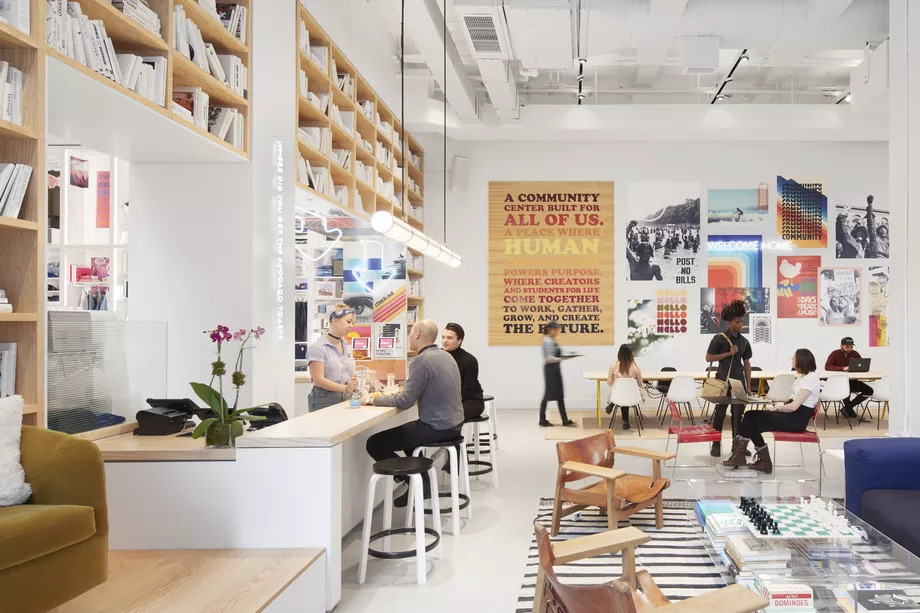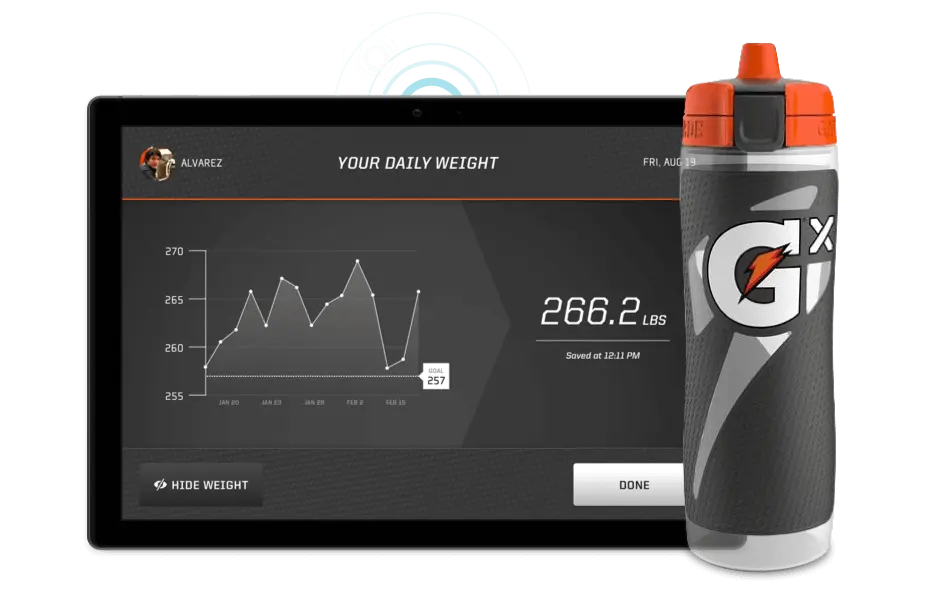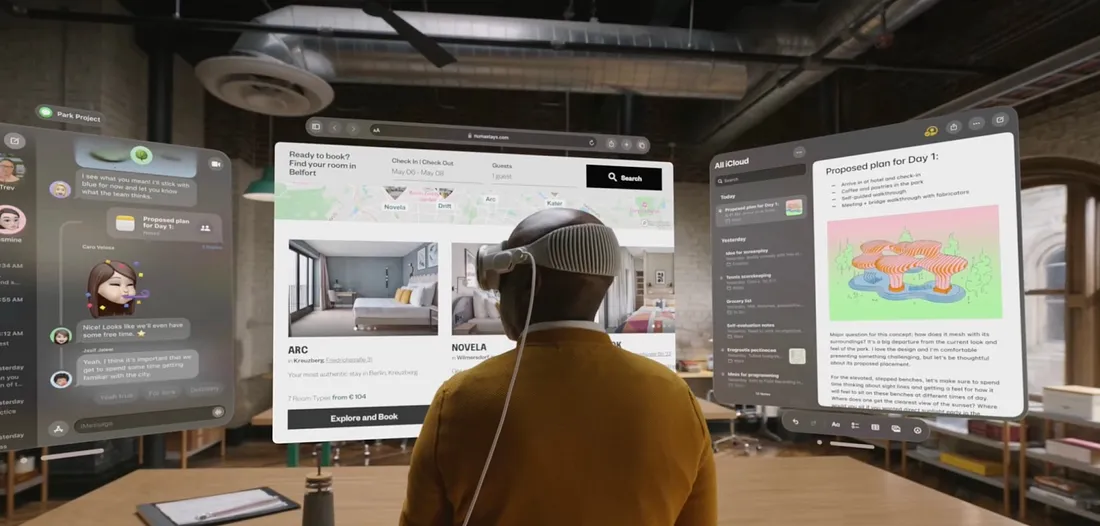

Blending Retail, Hospitality, and Coworking: How We Brought WeWork Now to Life
WeWork
Perhaps the most globally recognizable name in coworking spaces, WeWork built its business primarily on long-term rentals in its early years.
But this membership model required significant investment and commitment upfront, and WeWork’s team wanted to branch into a new target market and attract a more diverse customer base.
They had a vision for a new kind of WeWork space that would allow workers—especially freelancers, travelers, and early-stage startups—to engage with the brand on a more flexible, shorter-term basis.
That concept was WeWork Now.
The challenge
Originally branded as MadeByWe, WeWork Now was a vision of a flagship store that was part café, part design goods shop, and of course, part rental space for coworking. It would be open to everyone and right in the center of Manhattan in the bustling Flatiron neighborhood.
But besides building out the physical space, WeWork’s Retail Expansion team also wanted to create an e-commerce platform for WeWork Now that would showcase the direct-to-consumer brands and products that were WeWork customers. This would act as an additional retail channel for those members—a perk for being part of the WeWork ecosystem.
To design and deliver this platform, including everything from core functionality to new integrations, WeWork brought in HFC.
WeWork chose HFC to help them:
- Build a mobile app reservation system to allow workers to book meetings rooms and desk space
- Develop a prototype and launch the production 1.0 version of WeWork Now’s e-commerce platform
- Develop a new sitemap for WeWork’s website
- Design responsive layouts and page components
HFC’s approach
HFC worked closely with the WeWork team, both providing technology leadership and back- and front-end engineering for the software that would power the platform. HFC was also responsible for the architecture and scalability of the system, ensuring it could support WeWork’s growth and evolving business needs.
To build a reliable, easy-to-use, and aesthetically pleasing e-commerce platform for WeWork Now, HFC:
- Leveraged the Shopify ecosystem as the foundation
- Designed and structured product, brand, static, and landing pages to enhance both usability and visual appeal
- Enabled seamless product purchasing for customers
- Provided admins with the ability to:
- Track orders and analyze key metrics
- Add new products and brands without technical help
- Edit and manage product descriptions, landing page content, and pricing easily
- Built integrations with external 3PL and fulfillment systems
- Connected the system with analytics and support tools from the Shopify app ecosystem, including live chat, drip email campaigns, and retargeting tools
The result: A seamless digital extension of WeWork’s physical spaces
Over the course of six short months, HFC had created a completely custom e-commerce platform for WeWork Now, with nearly 100 bookable workplace seats available on-demand or through pre-booking via the website.
Guests could drop in, buy a flat white at the Bluestone Lane counter, then use the responsive web app to reserve a spot in the expertly designed workspace at the back. At the same time, WeWork staff could manage check-ins and monitor guest flow and availability using the native iOS app.
WeWork Now was an innovative demonstration of how to blend digital and physical experiences for both guests and staff. It highlighted a visionary shift in how we think about coworking spaces—and more importantly, how we can engage with users and build more varied customer relationships that align to the growing demand for flexibility, convenience, and personalization.
Want to create a mobile or digital experience that seamlessly integrates with physical environments? Let’s chat!
Web
Mobile
New Products
Experience Design
Reservation System

The coworking and coliving giant appears to be counting on the synergy of not only selling goods to its own members but also testing an on-demand model of coworking in a high-traffic area, a concept that could be replicated in other dense urban areas.

Curbed
Related Work
From Our Blog
The case for Vision Pro’s success — and the need for more thoughtful app design in a world of immersive tech
Last week, Apple announced the Vision Pro — the long-rumored mixed reality headset that had been gestating since the mid-2010s...
Learn More
Let's build something great.
Drop us a line, we're here to help.


